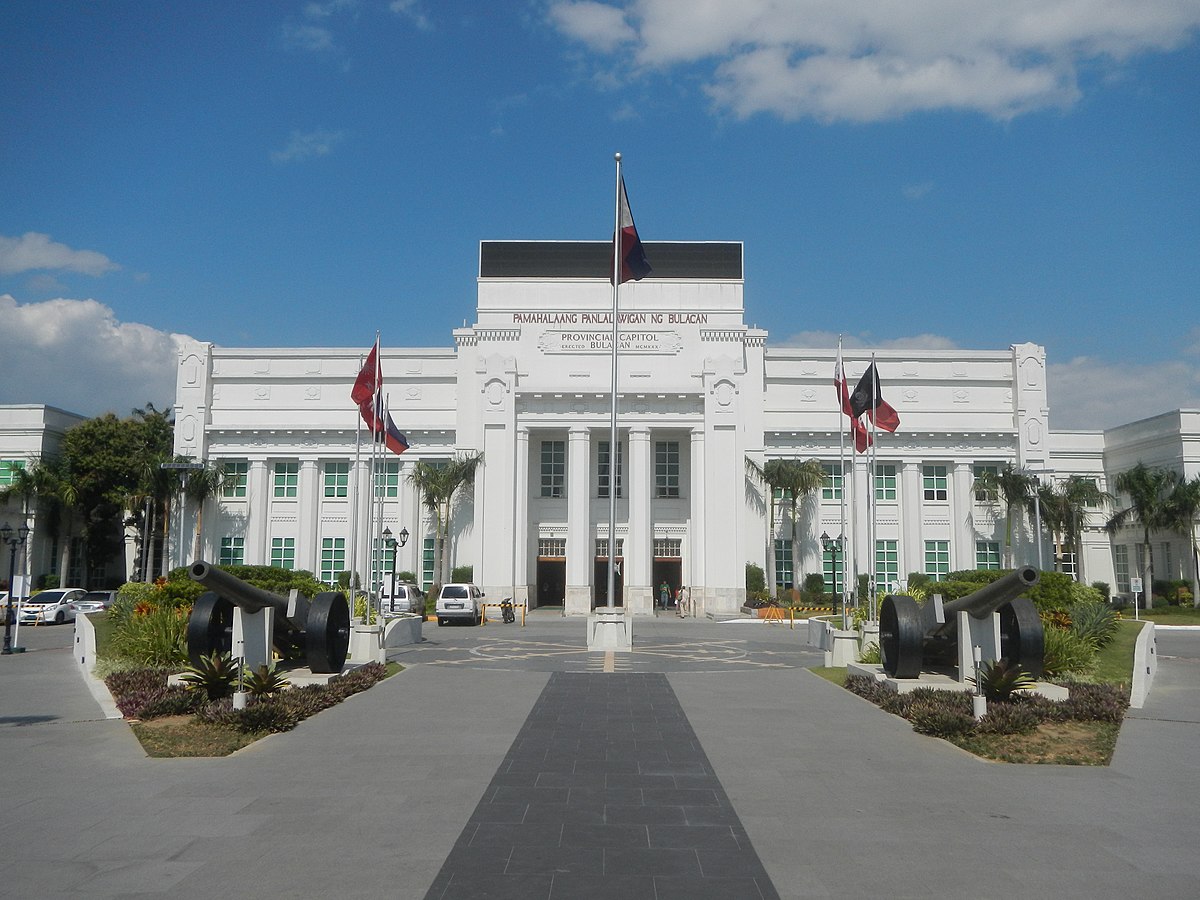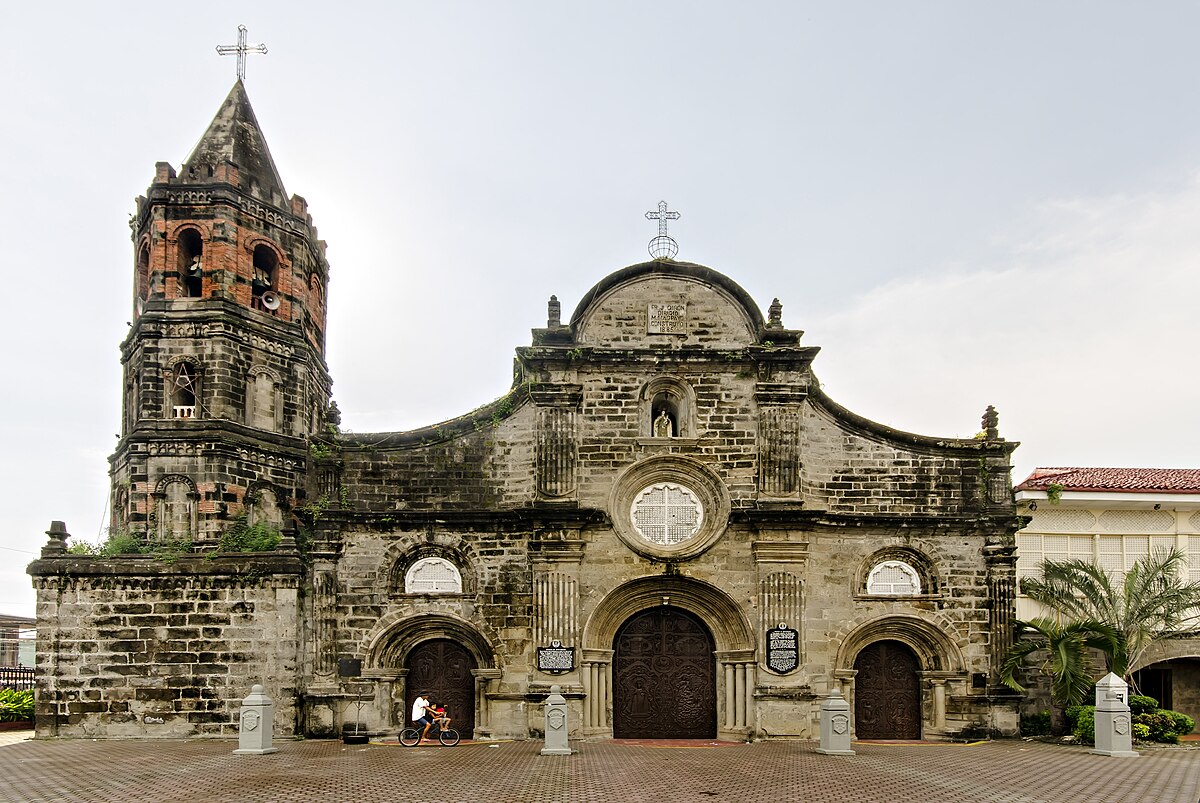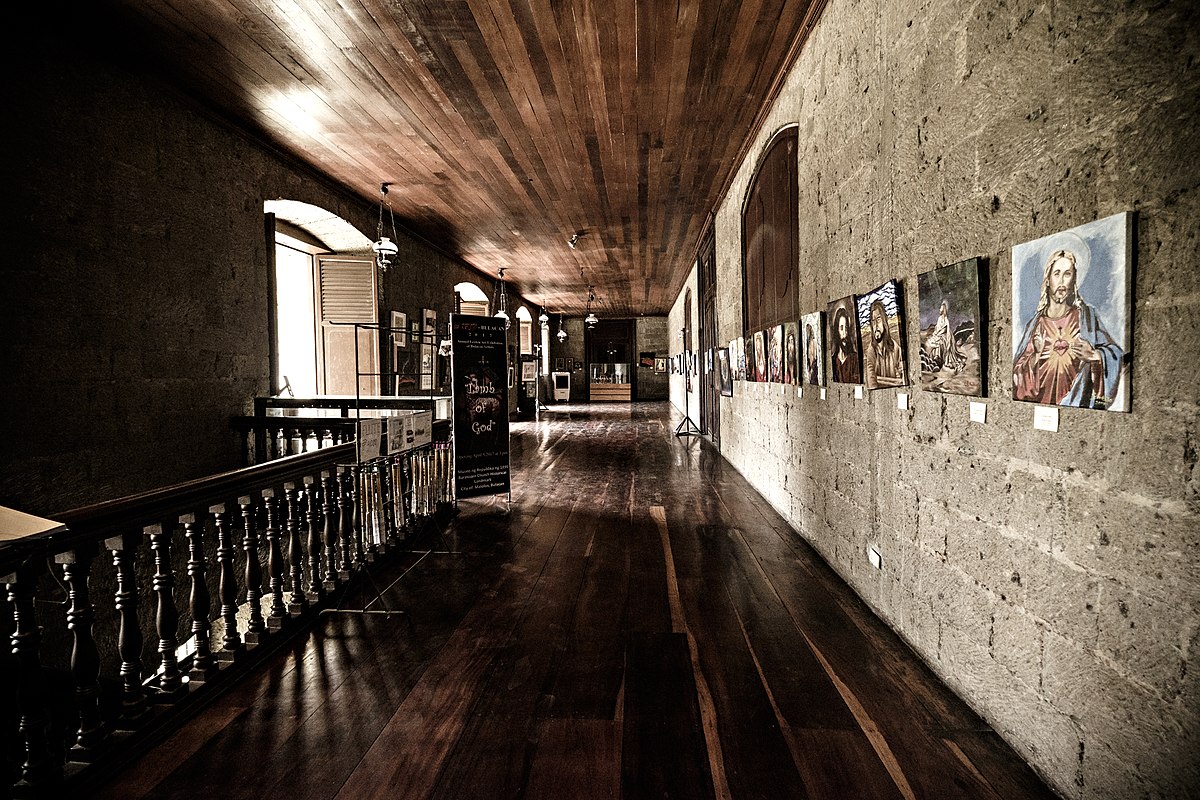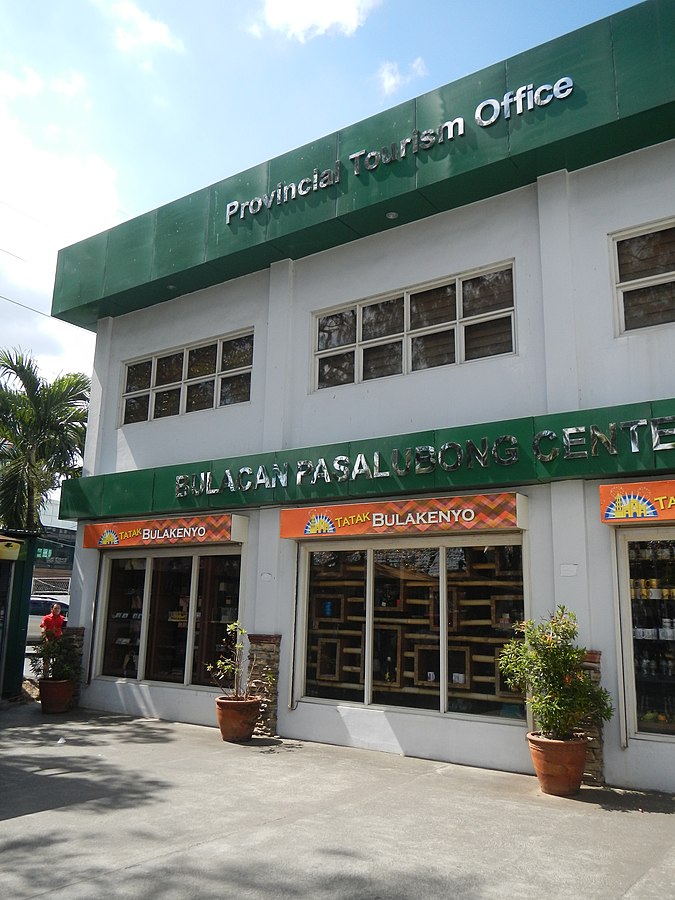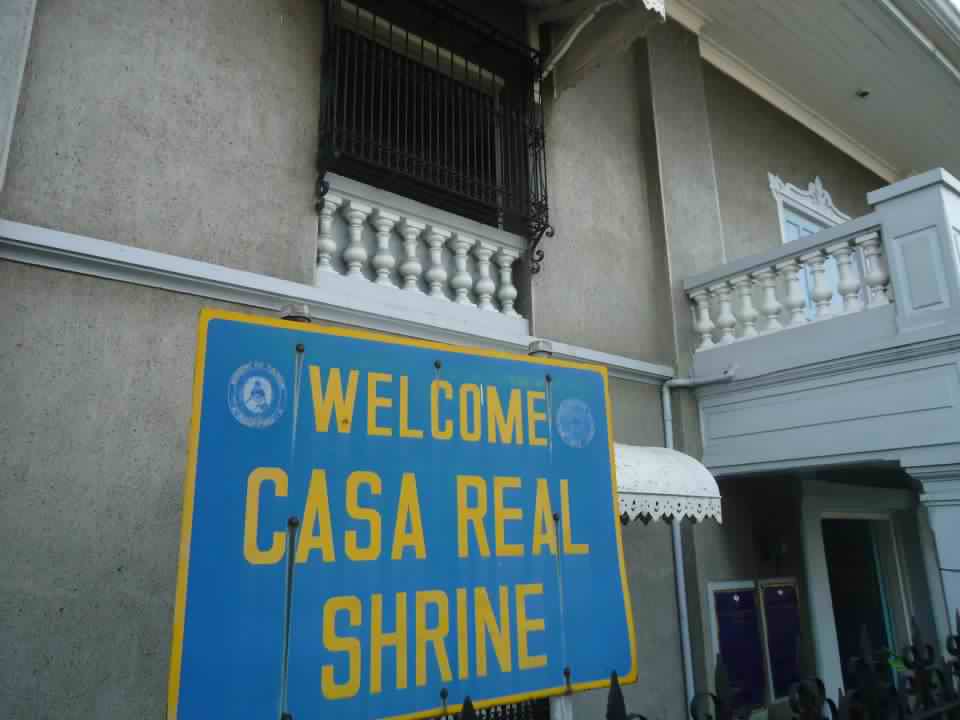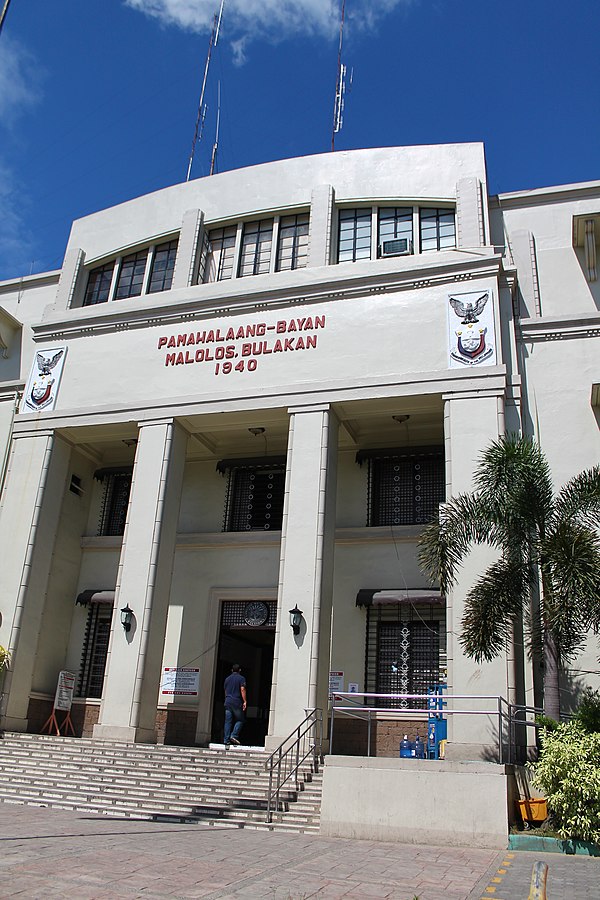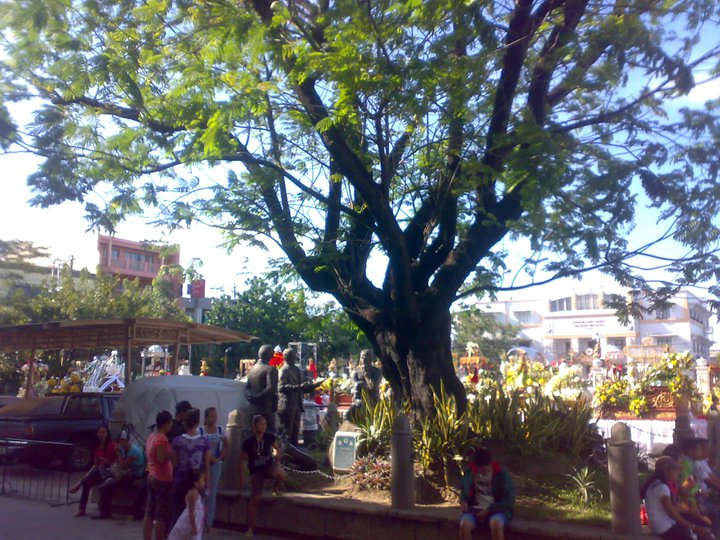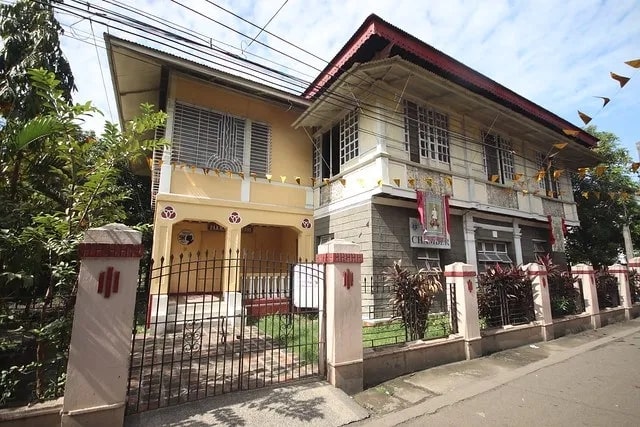Welcome to Malolos City in Bulacan, and welcome to Anthro on Foot's walking tour! This is a
self-paced walking
tour that features key heritage sites and cultural highlights in the area. We hope you enjoy this tour
as much as
we enjoyed curating it!
The Tagalog people are the predominant ethnic group in the region, and their presence in Bulacan
dates back to precolonial times.
Precolonial societies in this region primarily engaged in agriculture, fishing, and trade.
Communities in the Malolos area engaged in the cultivation of crops such as rice, root crops, and
vegetables. The province's proximity to waterways, particularly the Angat River and other
tributaries, facilitated trade and fishing activities.
The arrival of the Spanish colonizers in the 16th century marked a significant turning point in the
region's history, bringing about changes in governance, culture, and religious practices.
It is believed that its name, Malolos came from the Tagalog word “Paluslos” meaning downwards. The
Spanish missionaries while searching for inhabited places came across some locals in a riverside
barrio (now Canalate) and asked for the name of the place. Not knowing the Spanish tongue, these
locals answered that the flow of the river in that part was downstream or “Paluslos”, which was
corrupted to Malolos by the Spaniards for perceived acoustic harmony.
Malolos was made known to the Spanish colonial power in 1580 by the Augustinians under the
direction of Fray Diego Ordoñez de Vivar.
As early as 1643, revolts were already being held against the Spanish government, like the one
initiated by Pedro Ladia, who identified himself as a Moro Bornean and a descendant of Lakandula,
following the Spanish authorities’ illegal confiscation of his land.
Malolos holds historical significance as the location of the constitutional convention in 1898,
paving the way for the establishment of the First Philippine Republic—Asia's inaugural
republic—under the leadership of Emilio Aguinaldo. Serving as the capital from 1898 to 1899, Malolos
played a pivotal role in the early days of the republic.
